“It’s important to remember MHT is not recommended
solely to prevent aging,
memory loss, or dementia”.1
Umbrella
What may the Hormone Therapy and Aging Umbrella include?
Depending on the Source (DotS) this Umbrella may include:
- Hormone Replacement Therapy (HRT) and Aging/Prevention/Protection
- Hormone Therapy (HT) and Aging/Prevention/Protection
- Menopausal Hormone Therapy (MHT) and Aging/Prevention/Protection
Benefits and Risks
What are the benefit and risks of hormone therapy (HT) associated with aging?
On page one in The North American Menopause Society Releases Its 2022 Hormone Therapy Position Statement published 07 July June 2022, the North American Menopause Society (NAMS) explain:
- “The benefits of hormone therapy outweigh the risks for most healthy symptomatic women who are aged younger than 60 years and within 10 years of menopause onset”.2
Disease Prevention
Is HT recommended for disease prevention?
On page four in the Joint Position Statement By the British Menopause Society, Royal College of Obstetricians and Gynaecologists and Society for Endocrinology on Best Practice Recommendations for the Care of Women Experiencing the Menopause, first published online 10 June 2022, one of the recommendations is:
2022 USPSTF Recommendations
What were the United States Preventative Services Task Force (USPSTF) recommendations about HT for the primary prevention of chronic conditions, published 01 November 2022?
 In Hormone Therapy In Postmenopausal Persons: Primary Prevention of Chronic Conditions – Recommendation Summary, the USPSTF recommend:
In Hormone Therapy In Postmenopausal Persons: Primary Prevention of Chronic Conditions – Recommendation Summary, the USPSTF recommend:
The USPSTF recommends against the use of combined estrogen and progestin for the primary prevention of chronic conditions in postmenopausal persons”.4
 In Hormone Therapy In Postmenopausal Persons: Primary Prevention of Chronic Conditions – Recommendation Summary, the USPSTF recommended:
In Hormone Therapy In Postmenopausal Persons: Primary Prevention of Chronic Conditions – Recommendation Summary, the USPSTF recommended:
The USPSTF recommends against the use of estrogen alone for the primary prevention of chronic conditions in postmenopausal persons who have had a hysterectomy”.5
Heart Disease
For some women may HT lower the risk of heart disease?
On page six of Menopause and Menopause Hormone Therapy: 4. Why Is MHT Important? Why Consider MHT?, the International Menopause Society’s (IMS) Leaflet for Women for World Menopause Day 2024, the IMS note:
- “Heart health: For some women, MHT may lower the risk of heart disease, especially when started close to the time of the menopause transition”.6
Bone Loss and Fractures
Does HT prevent bone loss and fractures in postmenopausal women?
In The 2023 Practitioner’s Toolkit for Managing Menopause: Management – Considerations for All Women At Menopause: Menopausal Hormone Therapy, published online 30 October 2023, the authors include:
- “MHT prevents bone loss and fractures in postmenopausal women”.7
Fountain of Youth
Is HT the “fountain of youth”?
On page three of Menopause and Menopause Hormone Therapy: 1. Who Is MHT For? Who Might Not Need MHT?, the IMS’s Leaflet for Women, for World Menopause Day 2024 the IMS note:

Stop or Not
If I am an older than 60 years, do I need to stop HT?
On page five of Menopause and Menopause Hormone Therapy: 3. When Should MHT Be Started and Stopped? When To Stop, the IMS’s Leaflet for Women, the IMS explain:
- “There is no set rule for when to stop MHT. Some women use it for only a few years, while others may need it longer
- It’s important to regularly check with you healthcare professional to see if continuing MHT is the right choice for you”.9
Health Care Provider
What if I would like to choose to use HT?
If you choose to use HT, it may be in your best interest to also choose to talk to your health care provider about this.
On page six of Menopause and Menopause Hormone Therapy: 3. When Should MHT Be Started and Stopped? Long-Term Use, the IMS’s Leaflet for Women, the IMS note10:
Health Topics A-Z
Where may I find Health Topics A-Z related to Hormone Therapy and Aging?
In Health Topics A-Z you may find:
Links
Where may I find Links related to Hormone Therapy and Aging?
Your Country may have Links similar to:
Links
This Links List to third party websites is neither comprehensive nor exhaustive. Inclusion on this Links List does not imply endorsement or recommendation. Non-inclusion on this Links List does not imply non-endorsement or non-recommendation. Third party websites are not under the control of Meno Martha International Menopause Directory. Third party websites may contain explicit medical images and/or sexual references. Please read Meno Martha International Menopause Directory’s Links Policy before proceeding to a Link. Please contact Webmaster if you experience a problem with a Link.New or Updated
- Menopause and Cardiovascular Disease and Using HRT To Treat Menopause Symptoms [+ Video] [07 March 2025]
- Video & Podcast Library: Videos – World Menopause Day 2024: Menopause and Hormone Therapy: Current Perspectives and Controversies [18 October 2024]
- Videos & Podcasts: Videos – Menopause and Hormone Therapy: Current Perspectives and Controversies [18 October 2024]
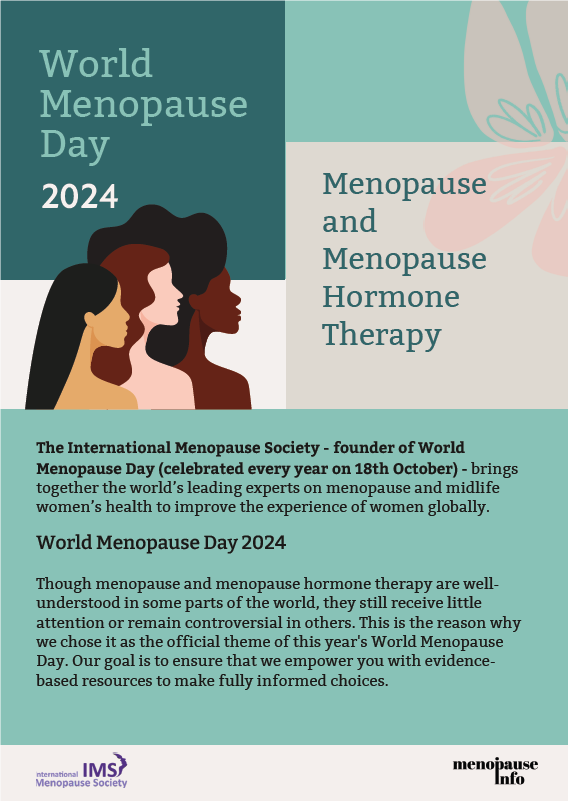 World Menopause Day 2024: Leaflet for Women – Menopause and Menopause Hormone Therapy [Multiply Languages]
World Menopause Day 2024: Leaflet for Women – Menopause and Menopause Hormone Therapy [Multiply Languages]- World Menopause Day 2024: Poster for Women – The 5 Ws of Menopause Hormone Therapy (MHT)
- World Menopause Day 2024: IMS White Paper: Menopause and MHT In 2024: Addressing the Key Controversies [Multiply Languages]
- BMS Statement on Testosterone
- BMS TV: Bioidentical Hormones
- BMS TV: Coronary Heart Disease (CHD)
- BMS TV: HRT and Breast Cancer: Overall Risks and Benefits
- BMS TV: HRT and the Risk of Breast Cancer
- BMS TV: Hormone Replacement Therapy (HRT)
- BMS TV: Osteoporosis
- BMS TV: Testosterone Explained
- BMS TV: Urogenital Atrophy Explained
- Bioidentical Hormone Therapy
- Bioidentical Hormones: Are They Safer?
- Consumer Video and Podcast Series: 2023 Consumer Videos and Podcasts – New FDA-Approved Nonhormone Option for the Treatment of Hot Flashes
- Consumer Video and Podcast Series: 2024 Consumer Videos and Podcasts – Premature and Early Menopause
- Consumer Video and Podcast Series: 2024 Consumer Videos and Podcasts – Preparing for Your Menopause Health Care Visit
- Deciding About Hormone Therapy
- Deciding About Hormone Therapy Use
- Experts Answer Your Menopause Questions In New Video
- Find A Menopause Practitioner [United States and Other]
- Find An AMS Member [Australasian Menopause Society i.e. Australia and New Zealand]
- Find Your Nearest BMS Menopause Specialist [British Menopause Society]
- Genitourinary Syndrome of Menopause
- Genitourinary Syndrome of Menopause
- Genitourinary Syndrome of Menopause
- Guidance on Menopausal Hormone Therapy
- HRT
- HRT Questions Answered
- HRT – Types, Doses and Regimens
- HRT: Benefits and Risks
- Healthy Ageing
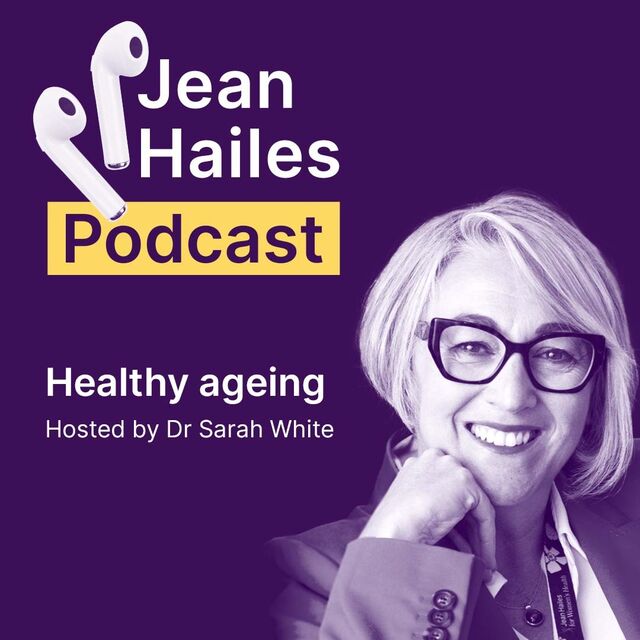
- Healthy Living By Age
- Hormone Replacement Therapy (HRT): Benefits and Risks of Hormone Replacement Therapy (HRT)
- Hormone Replacement Therapy (HRT): Types of Hormone Replacement Therapy (HRT)
- Hormone Replacement Therapy (HRT): Vaginal Oestrogen
- Hormone Therapy In Postmenopausal Persons: Primary Prevention of Chronic Conditions
- Hormone Therapy: Is It Right for You?
- Hot Flashes: What Can I Do? [+ Video: What Are the Signs and Symptoms of Menopause?]
- Is It Too Late To Start HRT?
- Later Years (Around 50 Years and Over): Menopause and Post Menopause Health [Other Languages and Formats]
- Life’s Essential 8
- Maintaining Health and Preventing Disease After the Menopause
- May is Osteoporosis Awareness and Prevention Month
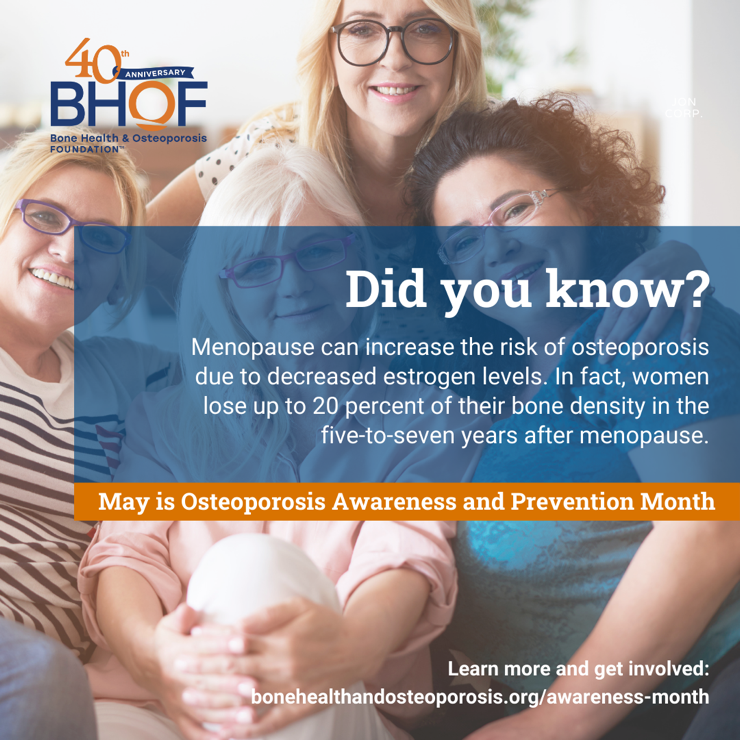
- Mayo Clinic Minute: Combating Weight Gain During Menopause [+ Video Courtesy: Mayo Clinic News Network]
- Mayo Clinic Minute: Help With Hot Flashes Due To Menopause [+ Video]
- Mayo Clinic Minute: How Lifestyle Changes May Help Manage Menopause Symptoms [+ Video]
- Mayo Clinic Minute: Menopause and the Heart Connection [+ Video Courtesy: Mayo Clinic News Network]
- Mayo Clinic Q&A Podcast: Don’t Miss A Beat With Preventive Heart Care
- Mayo Clinic Q&A Podcast: Tips for Living Younger, Longer By Preventing Disease [+ Video Courtesy: Mayo Clinic News Network]
- Menopausal Hormone Therapy
- Menopause
- Menopause
- Menopause
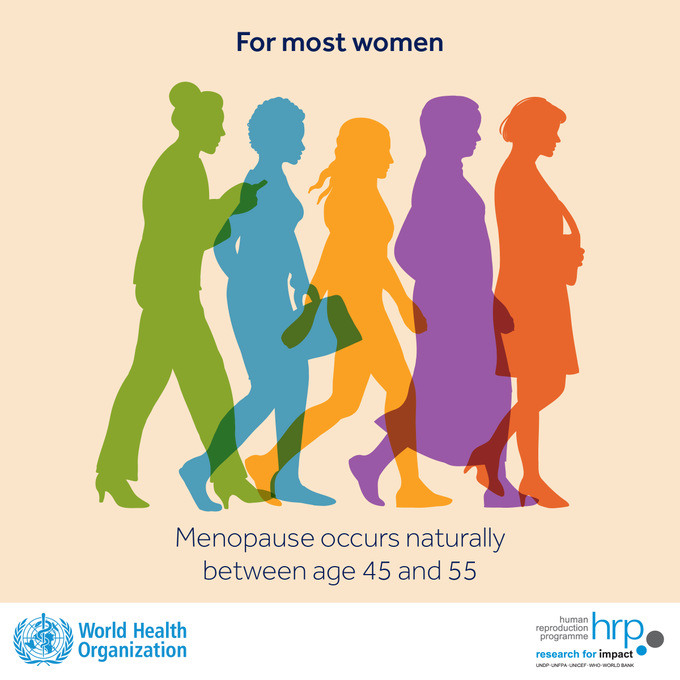
- Menopause Map: Downloadable Resources – My Personal Path Print Tools: Questions for Your Health Care Provider

- Menopause Patient Information [Videos] 2. Talking To Your GP About Menopause
- Menopause Patient Information [Videos] 5. Lifestyle Advice In Menopause & Perimenopause
- Menopause Preparedness Toolkit Video Series: Common Conditions Associated With Menopause and Midlife
- Menopause Symptoms: Mayo Clinic Expert Outlines Hormone and Nonhormonal Therapies
- Menopause Treatments: What Works, What Doesn’t
- Menopause and Cardiovascular Disease and Using HRT To Treat Menopause Symptoms [+ Video]
- Menopause: Identification and Management [NICE Guideline Published: 12 November 2015 Last Updated: 07 November 2024]

- Menopause: Identification and Management: NICE Guideline [NG23] [07 November 2024]
- Menopause: Understanding the Changes and Finding Relief | Dr Susan Davis | The Proof Podcast EP 256
- Misinformation Surrounding Hormone Therapy [2024]
- National Center for Complementary and Integrative Health: Herbs At A Glance
- National Center for Complementary and Integrative Health: How Safe Is This Product or Practice?
- National Center for Complementary and Integrative Health: Women’s Health and Complementary Approaches
- National Women’s Health Week [12-18 May 2024, United States]: Day 6 – May 17: Reproductive Health From Puberty To Menopause and Beyond
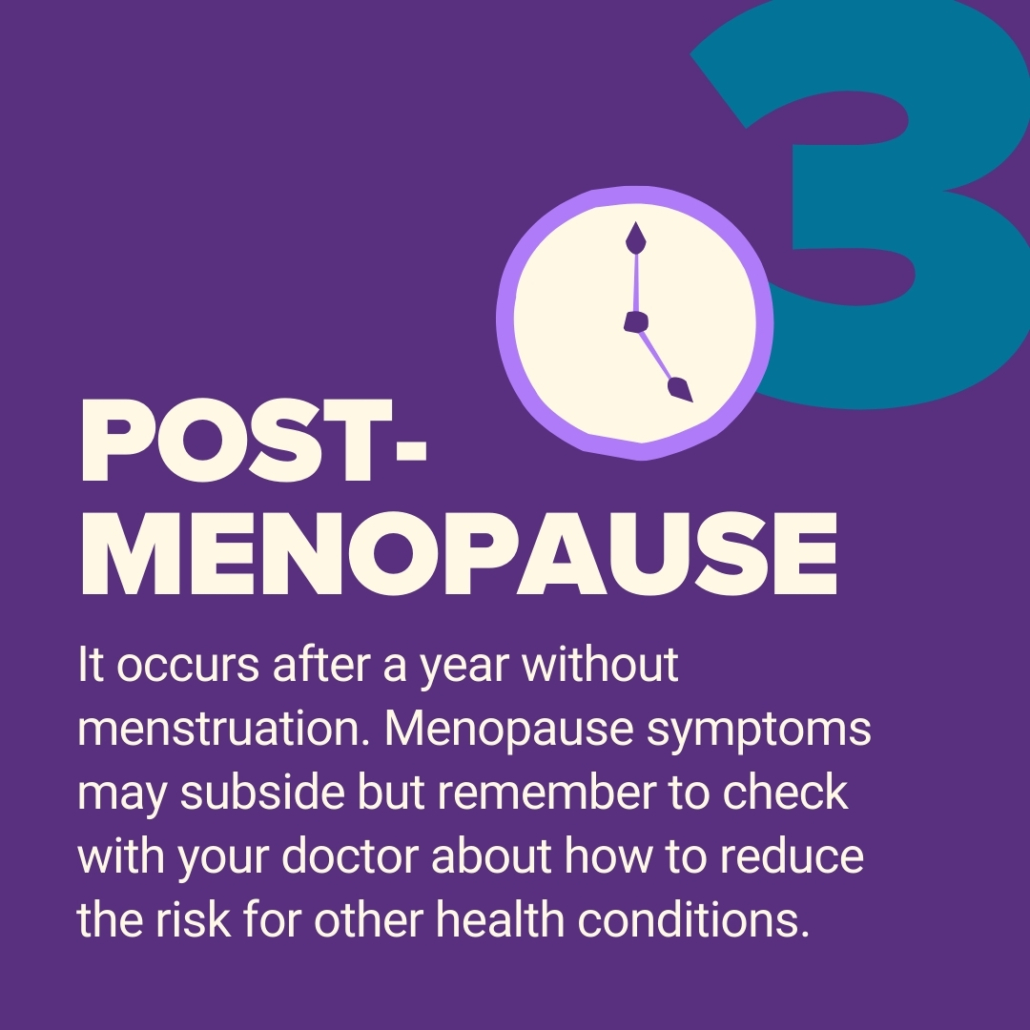
- Navigating Menopause: Expert Insights and Solutions | Dr Susan Davis | The Proof Podcast EP 245
- Navigating Menopause: Honest Answers To All Your Questions [+ Video: What To Expect in Menopause]
- Non-Estrogen Treatments for Menopausal Symptoms
- Nonhormone Treatments for Hot Flashes and Night Sweats
- Ongoing Individualized Hormone Therapy Appears To Have No Age Limit
- Pathtogoodbonehealth.org [Your Path To Good Bone Health, Bone Health & Osteoporosis Foundation, United States]
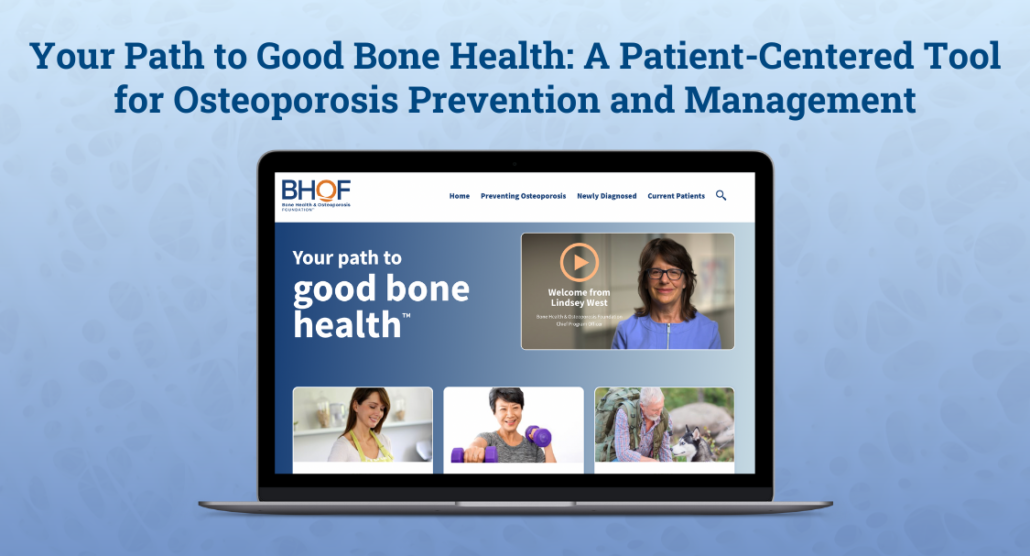
- Perimenopause and Menopause Checklist: Translated Checklists
- Perimenopause and Menopause Symptom Checklist

- Postmenopause
- Shedding Light on the Menopause Experience and Demystifying Treatment
- Successful Aging: Tips for Keeping Your Body and Mind Sharp
- The 2023 Practitioner’s Toolkit for Managing Menopause
- The Women’s Health Initiative Randomized Trials and Clinical Practice
- The Menopause Society Statement on Misinformation Surrounding Hormone Therapy
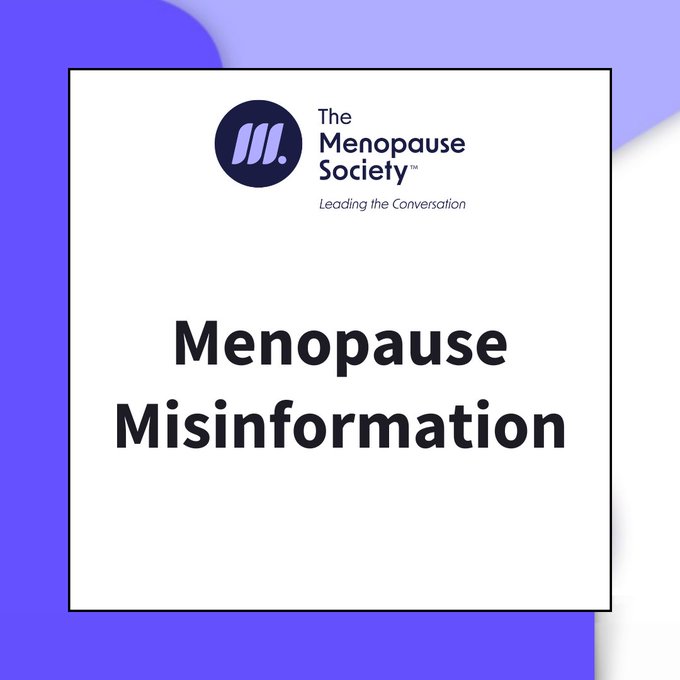
- The Women’s Health Initiative Trials: Clinical Messages
- Tips To Help Manage Menopause Symptoms
- Updated 2024 NICE Menopause Guidance Summary
- Using Natural Therapies In the Menopause Transition – Webinar
- Vaginal Dryness After Menopause: How To Treat It?
- Vaginal Dryness: What To Do About It
- Vaginal Oestrogen
- Video & Podcast Library: Interviews – Videos: Testosterone and Women
- Video & Podcast Library: Videos – World Menopause Day 2024: Menopause and Hormone Therapy: Current Perspectives and Controversies [18 October 2024]
- Videos & Podcasts: Videos – Menopause and Hormone Therapy: Current Perspectives and Controversies [18 October 2024]
- Videos & Podcasts: Videos – Preventing Bone Loss At Menopause
- Videos and Podcasts: Videos – Heart Disease, Risk Factors of Developing Heart Disease, and Can I Take Hormones?
- Videos and Podcasts: Videos – Prevention of Chronic Diseases In Women: Where Does MHT Fit In?
- Webinars: Previous – Approach To Bone Health In the Perimenopause and Postmenopause?
- Webinars: Previous – Hormones and Stroke: An Update on Treatment and Risk
- What Is Menopause? [+ Video]
- World Menopause Day 2023

- World Menopause Day 2024: Leaflet for Women – Menopause and Menopause Hormone Therapy [Multiply Languages]
- World Menopause Day 2024: Poster for Women – The 5 Ws of Menopause Hormone Therapy (MHT)
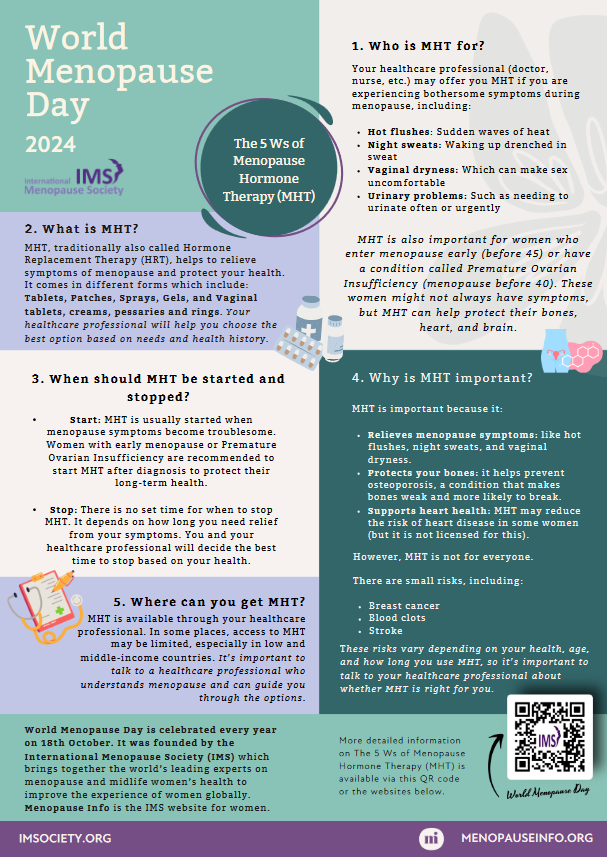 World Menopause Day 2024: IMS White Paper: Menopause and MHT In 2024: Addressing the Key Controversies [Multiply Languages]
World Menopause Day 2024: IMS White Paper: Menopause and MHT In 2024: Addressing the Key Controversies [Multiply Languages]
Sources
Where may I find the Sources quoted?
You may find the Sources at:
Sources
- Menopause and Menopause Hormone Therapy: 1. Who Is MHT For? Who Might Not Need MHT? 2024:3. International Menopause Society https://www.imsociety.org/wp-content/uploads/2024/10/2024-WMD-Leaflet_English.pdf Accessed: 14 March 2025
- Hamoda, H., Mukherjee, A., Morris, E., Baldeweg, S. E., Jayasena, C. N., Briggs, P., Moger, S. Joint Position Statement By the British Menopause Society, Royal College of Obstetricians and Gynaecologists and Society for Endocrinology on Best Practice Recommendations for the Care of Women Experiencing the Menopause. First Published Online 10 June 2022:4. https://journals.sagepub.com/doi/full/10.1177/20533691221104879 Accessed: 14 March 2025
- The North American Menopause Society Releases Its 2022 Hormone Therapy Position Statement. 07 July 2022:1. North American Menopause Society https://menopause.org/wp-content/uploads/press-release/ht-position-statement-release.pdf Accessed: 14 March 2025
- Hormone Therapy In Postmenopausal Persons: Primary Prevention of Chronic Conditions – Clinician Summary: To Whom Does This Recommendation Apply. 01 November 2022. U.S. Preventative Services Task Force https://www.uspreventiveservicestaskforce.org/uspstf/recommendation/menopausal-hormone-therapy-preventive-medication Accessed: 14 March 2025
- Hormone Therapy In Postmenopausal Persons: Primary Prevention of Chronic Conditions – Clinician Summary: To Whom Does This Recommendation Apply. 01 November 2022. U.S. Preventative Services Task Force https://www.uspreventiveservicestaskforce.org/uspstf/recommendation/menopausal-hormone-therapy-preventive-medication Accessed: 14 March 2025
- Menopause and Menopause Hormone Therapy: 4. Why Is MHT Important? Why Consider MHT? 2024:6. International Menopause Society https://www.imsociety.org/wp-content/uploads/2024/10/2024-WMD-Leaflet_English.pdf Accessed: 14 March 2025
- Davis, S. R., Taylor, S., Hemachandra, C., Magraith, K., Ebeling, P. R., Jane, F., and Islam, R. M. The 2023 Practitioner’s Toolkit for Managing Menopause: Management – Considerations for All Women At Menopause: Menopausal Hormone Therapy. First Published Online: 30 October 2023 https://www.tandfonline.com/doi/full/10.1080/13697137.2023.2258783 Accessed: 14 March 2025
- Menopause and Menopause Hormone Therapy: 1. Who Is MHT For? Who Might Not Need MHT? 2024:3. International Menopause Society https://www.imsociety.org/wp-content/uploads/2024/10/2024-WMD-Leaflet_English.pdf Accessed: 14 March 2025
- Menopause and Menopause Hormone Therapy: 3. When Should MHT Be Started and Stopped? When To Stop. 2024:5. International Menopause Society https://www.imsociety.org/wp-content/uploads/2024/10/2024-WMD-Leaflet_English.pdf Accessed: 14 March 2025
- Menopause and Menopause Hormone Therapy: 3. When Should MHT Be Started and Stopped? Long-Term Use. 2024:3. International Menopause Society https://www.imsociety.org/wp-content/uploads/2024/10/2024-WMD-Leaflet_English.pdf Accessed: 14 March 2025








